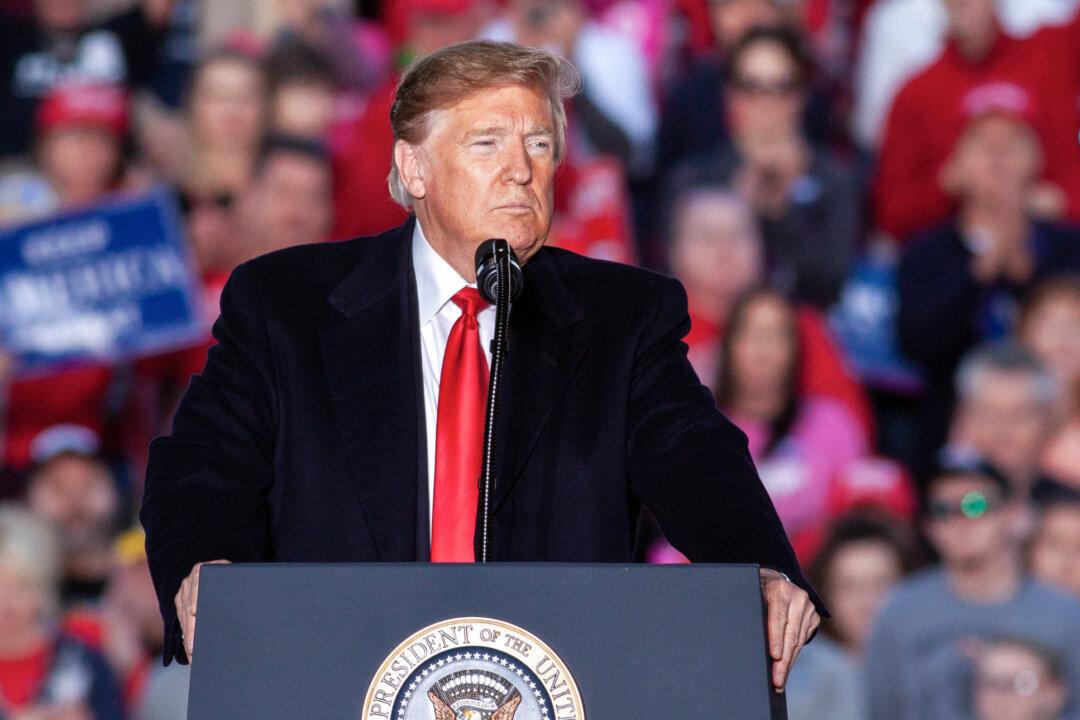News Analysis
There are several material investigations underway, most notably that of Department of Justice (DOJ) Inspector General Michael Horowitz and special counsel Robert Mueller.

There are several material investigations underway, most notably that of Department of Justice (DOJ) Inspector General Michael Horowitz and special counsel Robert Mueller.